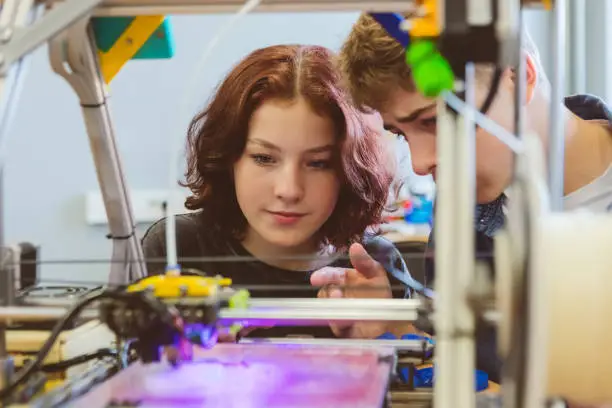
Unlocking Academic Success: Strategies for Effective Learning
- 0
Table of Contents
ToggleIntroduction
Smartness or talent do not by themselves bring academic success. People who want to improve their skills can work on them, practice strategies and keep the right state of mind. Due to the higher demands in schools, students should try different learning methods to achieve better results. Academic progress comes when people understand how to study efficiently and effectively. Effective ways of learning help students remember more, understand the subject better and raise their achievement levels.
Understanding the Science of Learning

For learning to work well, we need to understand various brain functions involved in information processing and storage. Cognitive skills are very important in this learning process. Our brains are always changing and remodeling themselves through neuroplasticity. The right way of studying can help students take in new knowledge more effectively. Being involved with learning makes it easier to understand ideas and remember them in the long run.
Method of learning, for instance, asking questions, formulating a summary and explaining lessons to someone, all make use of the brain’s natural ability to learn. When they take part in the educational process, students begin to think deeply and critically. Not only does it boost grades in school, but it also teaches students how to solve problems that will help them during their entire educational journey.
Creating a Productive Learning Environment
A well-organized place with very little distraction is key to proper studying. Many students overlook how important it is to have a space set aside for learning. Things like lighting, keeping things organized, controlling noise and picking a suitable chair can all encourage focus and productivity. By reducing your use of mobile phones and social media, your attention and ability to learn more information improve.
Having a regular time for studying helps you learn better. Making regular time for review and practice before exams makes it less demanding on their minds, while also using spaced repetition which improves memorization. A consistent schedule plays a big role in encouraging discipline which often leads to academic success.
How Metacognition Helps with Learning

Metacognition is a strong learning method that is sometimes ignored. When students acknowledge their thinking patterns, they have a better chance to manage, monitor and evaluate their own learning. Using metacognitive approaches, learners can pick the method that fits them well and adapt their studying process.
Assessing yourself, reflecting on what you learn and setting goals support better learning. Anyone who reflectively practices learning is more able to notice their weaknesses and make necessary improvements. Self-discipline allows students to feel responsible for their studies and helps them achieve real, lasting achievements.
Motivation and Emotional Intelligence
Motivation always plays a key role in any talk about academic achievement. People who want to learn and have a strong curiosity are more likely to carry on and overcome obstacles. Though, what motivates students such as grades and awards can be beneficial, they might not help students stay motivated for extended periods.
It is emotional intelligence that contributes greatly to learning. Strong academic resilience requires dealing with stress, keeping a good focus and recovering from occasional negative results. Anyone who can control their emotions is less at risk of burnout and less likely to let their performance drop. When we care for our emotional side at the same time as our minds, we perform better in school.
Leveraging Technology Wisely

With the current digital age, students can use many learning tools that help them succeed academically. Using online courses, interactive simulations, flashcards and learning management systems, technology can enhance and make learning more personal.
On the other hand, we should make sure to use these tools wisely. Failing to have a plan for how to use technology makes it less effective than when used strategically. The main idea is to combine digital resources with your study strategy to fit your personal needs and ways of learning.
Conclusion: The Value of Having a Holistic Approach to Learning
Being academically successful means using your time smarter, not just learning more. It relies on knowledge from cognitive sciences, having discipline, being emotionally balanced and using strategies. Students can improve their education by practicing active learning, developing awareness of themselves, creating suitable learning settings and using technology effectively.
Anyone interested in learning can improve their academic skills. Being persistent, adaptable and having the right mindset allows students to make the most of their abilities anywhere in school. These effective learning methods lead to better grades and prepare students for their future outside school.